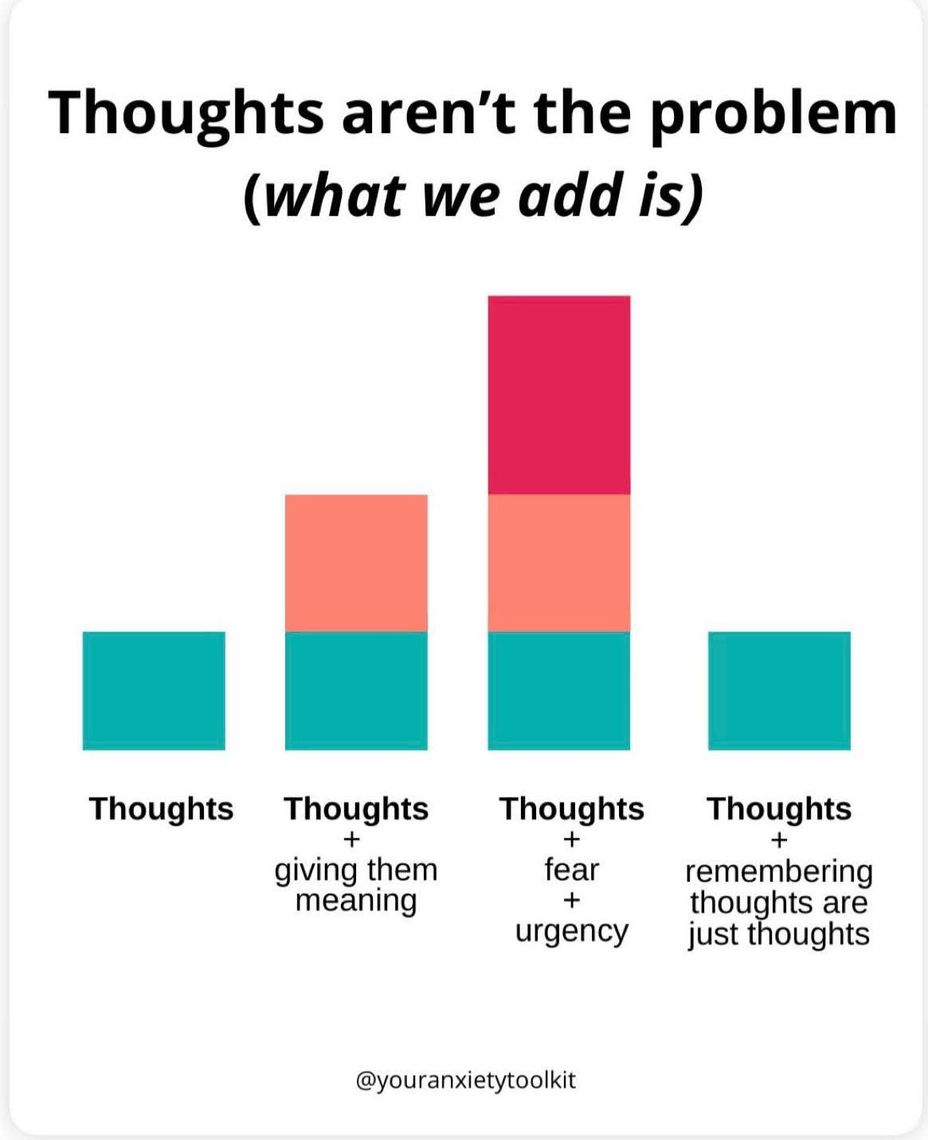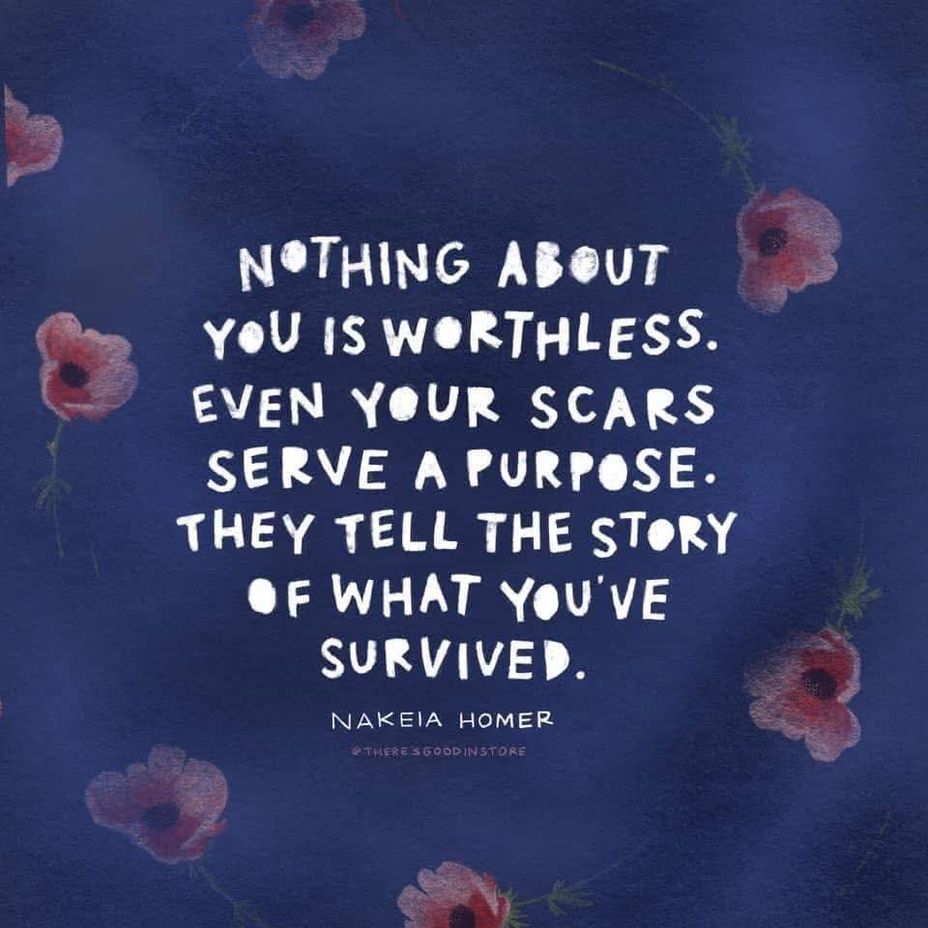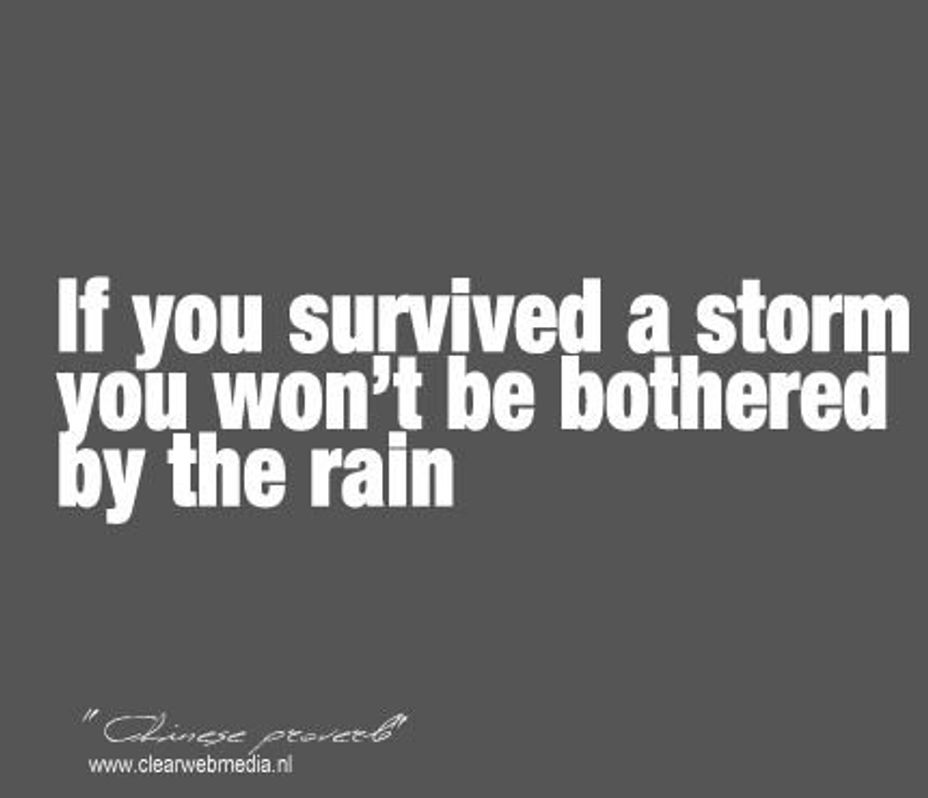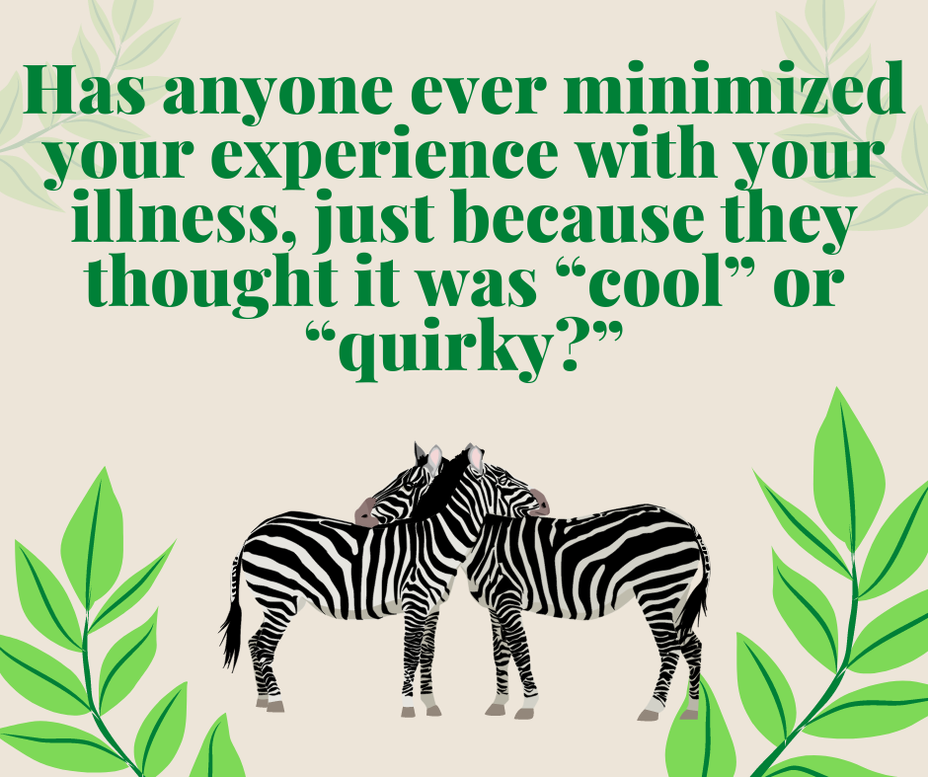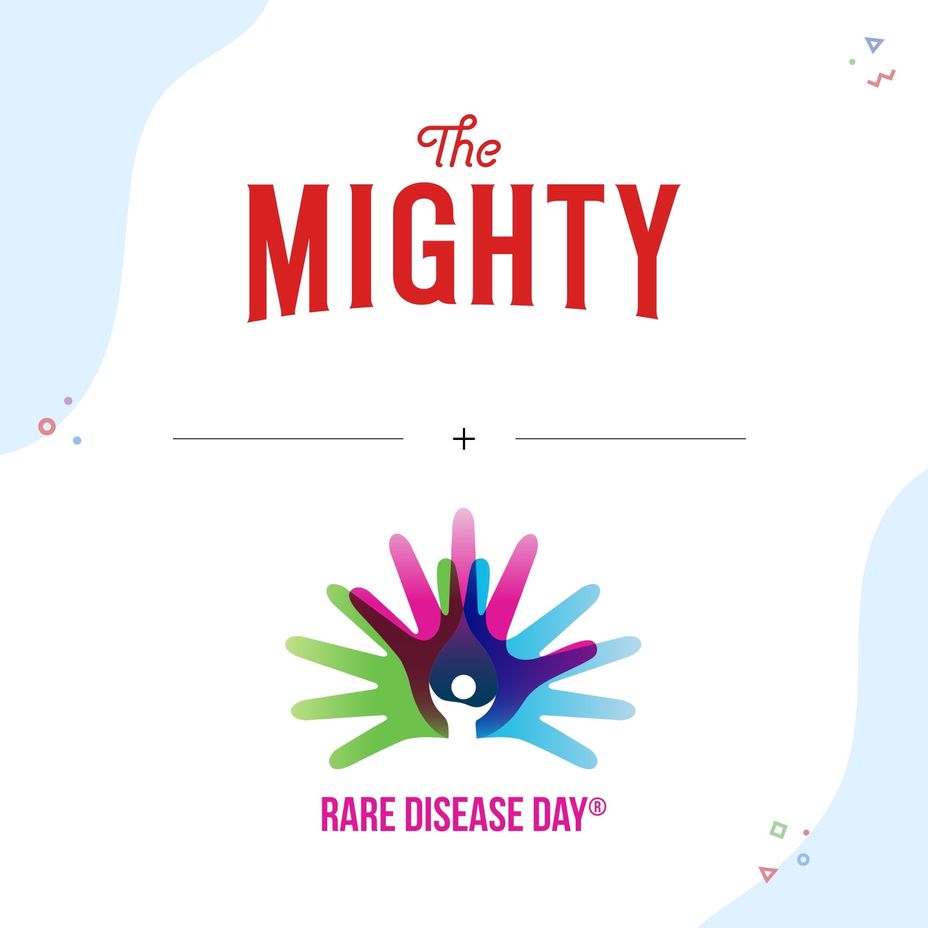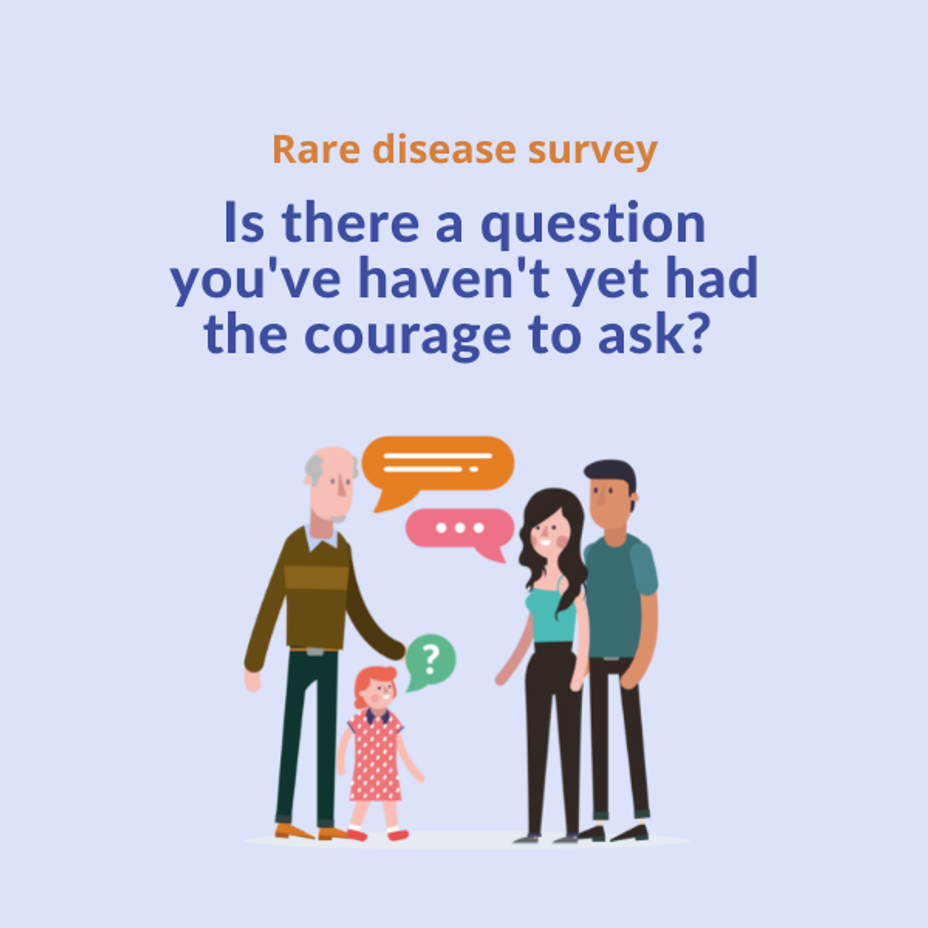I’ve played multiple roles across my life. I’ve been son, student, PWD and advocate. Above all are my roles as father and spouse. My family plays a key role in my life. They’re my source of inspiration, strength and they’re the reason I’m here now. I can only imagine a more desolate, lonely life without them. My wife’s central to why I’ve been learning how to be independent for years now. And I intend to pass this down to my daughter by teaching her self-reliance and how to life a life with wonder, empathy and compassion.
I was coddled as a child—and it’s simple to understand why. I have severe hemophilia and I currently suffer from a seizure disorder. Being born unlike others, I was shielded from the terrors of life in exchange for a convenient life in an inconvenient situation. The fact that life’s too troublesome already for a PWD is why they should be trained early on. She deserves to have a life that she knows how to navigate, with a headstrong spirit and a soft heart. And I don’t intend to pass down the curse of ignorance to her so young.
Being a burden to others has always haunted me. It’s not just because I’m disabled but also because I have difficulty fending for myself. I support self-love but with a disability inconveniencing others, self-hate frequently seems like the more convenient option. I’ll never be enough for my daughter—what father is? But I can’t help but feel disadvantaged. I don’t want to repeat the history I have with my own family. I’ve always felt shame for being the family’s curse or black sheep. And I refuse to pass that along to my wife and daughter. Which is why early on, I want my daughter to have the experience needed to explore the world without daddy having to hold her hand.
I’m not doing this to relieve myself of the responsibilities of parenthood. In fact, it’s excruciatingly painful for me to have to let go of my little girl. However tragic, it’s an essential expression of unconditional love. I don’t want to burden her and hold her back. I don’t want to be that Filipino parent who reduces their child to an insurance plan. I intend to learn to be self-reliant as well so my family need not worry about me anymore.
I only hope the example I set will be enough for her to pursue self-reliance as well. And I sincerely hope that having a disabled father softens her heart for others facing adversity. She’ll grow with a perspective unlike others and I’d like to stay optimistic that she’ll have a kind soul because of it.
We’re pretty tough as parents. Many parents might think we’re harsh on our daughter. Some even said that we’re OA—Over-Acting or overdoing it—but she needs it. She’s two going into three and already we urge her to do things on her own. She dresses up all by herself, and she’s completely potty-trained. She also cleans up after herself and she knows when to ask for help—which is quite infrequent. It’s funny to watch a kid go to the bathroom, asks you to step out and closes the door behind her—yet fail to wash her own butt after she does number 2.
She’s very self-assured and independent and I hope it stays that way. Sometimes, I worry we might actually be too harsh; though it’s gladdening to still hear her call out “daddy!” and still demand snuggles at night. She actually has her own bed, but I’d still ocassionally wake up and see her tucked right beside me. These tiny days of unconditional love run by fast and it’s great to savour them. She’ll eventually grow up, have a mind of her own and set out for the world. We only hope we remain consistent so she can be that kind, confident soul we hope her to be.
We all have to let go. I don’t want my daughter to need me, I don’t want to hold her back and I don’t want her to feel obligated to take care of me. I know I’ve done my job well if at the end of the day, she and I can let each other go and she can tell me “Daddy, thank you for raising me. Be confident and know that I’ll be okay.” as I bid her farewell as she moves on lives her life.
